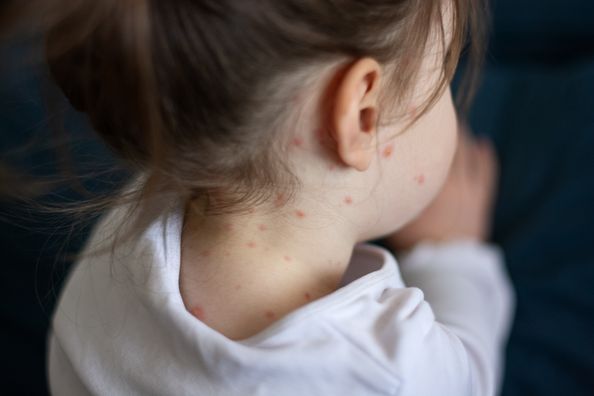
Why Am I Losing Hair?
The average person sheds between 50 – 100 hairs per day. As you age, it is normal to experience gradual thinning and breakage of hair.
Hair loss, or alopecia, can be caused by a variety of factors including age, family history and genetics, stress and other environmental factors including medication and diet.
The most common form of hair loss is called androgenic alopecia, also known as male and female pattern baldness. Androgenic alopecia is a hereditary condition that is most common in men and develops in early adulthood and increases with age. In most cases, medical treatment is not necessary. If you experience significant hair loss and have not been diagnosed with androgenic alopecia, it could be a sign of an underlying medical condition.
Below are some of the most common medical conditions associated with hair loss.
Autoimmune disease
Lupus is a chronic autoimmune disorder that causes a variety of symptoms including fatigue, headaches and/or hair loss. This autoimmune condition causes an overproduction of antibodies which can damage your hair follicles and result in hair loss.
Diet
Dietary factors can also contribute to hair loss, so it’s important to maintain a healthy, well-balanced diet. Certain nutrient deficiencies, such as low iron levels, can cause hair loss and/or anemia. Try to incorporate iron-rich foods such as beans, chicken, dark-leafy greens, lentils, turkey and whole grains to reduce your risk.
Hormonal Imbalances
Hormones such as estrogen, insulin and testosterone, play a vital role in keeping your hair follicles healthy. Imbalances weaken hair follicles, causing temporary or permanent hair loss. Hormonal conditions that commonly cause hair loss include:
- Hypo- and hyperthyroidism
- Hashimoto’s disease
- PCOS
- Pregnancy
- Menopause
Medication
Certain over-the-counter and prescription medications can cause you to lose hair more rapidly than normal, including:
- Acne medications that contain vitamin- A, such as isotretinoin (Accutane)
- Anti-depressants and mood stabilizers such as fluoxetine (Prozac), sertraline (Zoloft) and amitriptyline (Elavil)
- Chemotherapy used to treat certain types of cancers and autoimmune conditions can cause temporary hair loss during treatment
- Immunosuppressants such as methotrexate and etanercept, which may be prescribed for autoimmune disorders such as lupus and rheumatoid arthritis
- Prescription antibiotics in general can temporarily deplete vitamin B and hemoglobin, which can result in temporary hair loss
If you experience significant hair loss as a result of medication, speak with your primary care physician about alternatives that may be appropriate for you.
Hair loss doesn’t always require a medical treatment. However, if you notice sudden or persistent hair loss, or if hair loss is causing you distress, you should speak with your primary care doctor. Your doctor can help determine what is causing your hair loss and refer you to a dermatologist to discuss treatment options.
Our dermatologists offer a range of treatments including platelet rich plasma (PRP) for certain types of hair loss. To learn more about our Cosmetic Dermatology team or to schedule a consult, visit DMGAesthetics.com.
Health Topics:






